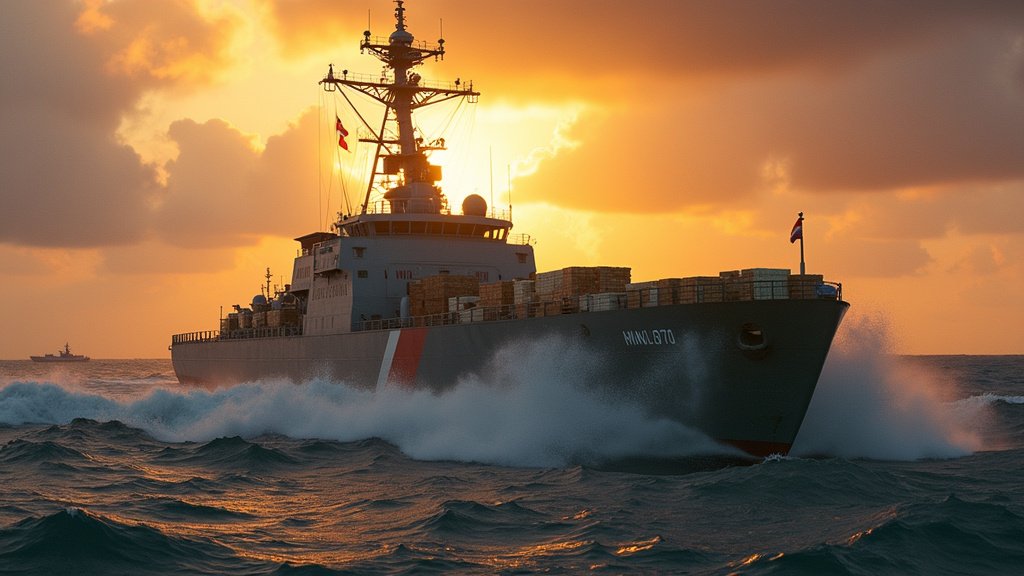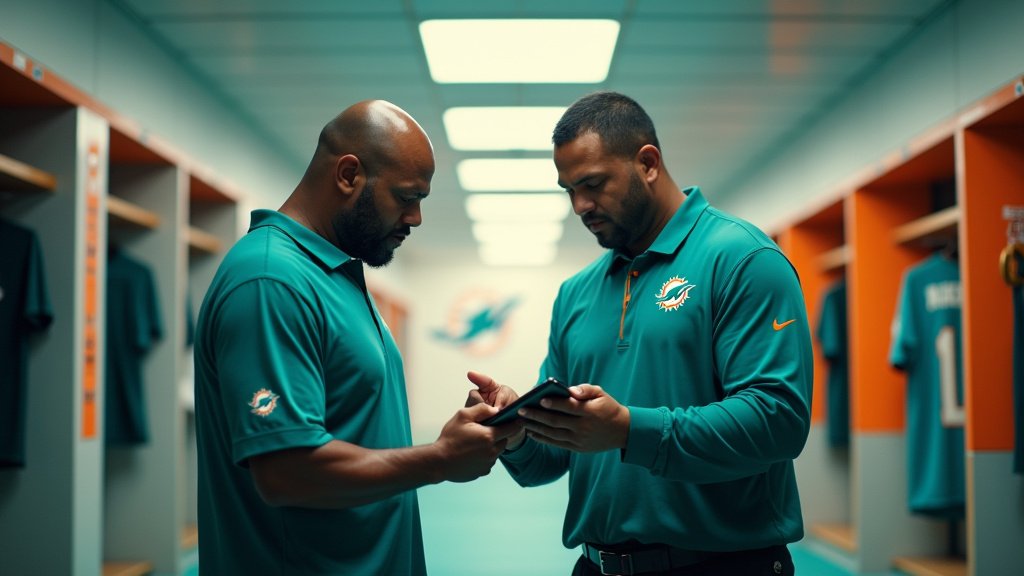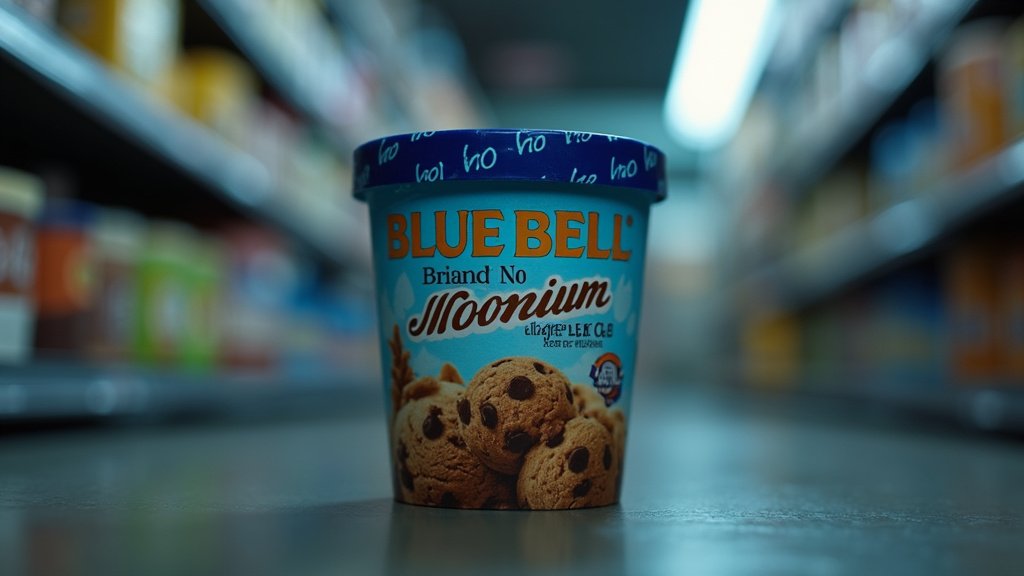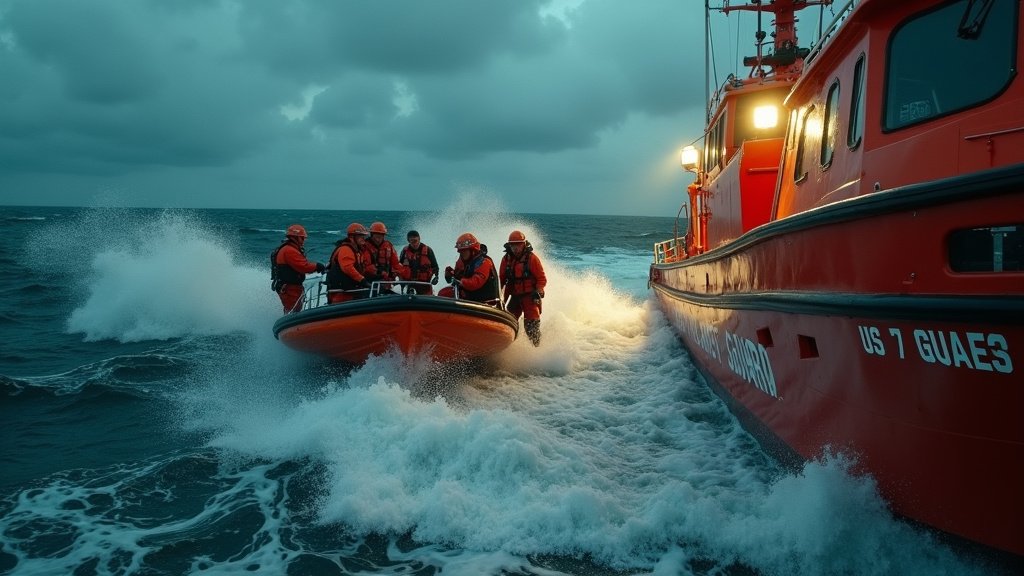In a monumental display of maritime law enforcement might, the U.S. Coast Guard, alongside international and interagency partners, has successfully interdicted and offloaded a record-shattering 38 tons of narcotics, with an estimated street value of $470 million. The historic seizure, announced on Monday, August 25, 2025, culminated in the arrival of an immense cache of cocaine and marijuana at Port Everglades in Fort Lauderdale, Florida, a major development in the ongoing battle against transnational drug trafficking organizations. This bust represents the largest narcotics offload in the U.S. Coast Guard’s history, underscoring the sheer scale of illicit operations impacting the region and the nation.
A Record-Breaking Haul
The colossal amount of contraband brought ashore includes approximately 61,740 pounds of cocaine and 14,400 pounds of marijuana, totaling over 76,000 pounds of illegal drugs. This staggering quantity has been valued by officials at approximately $473 million. The sheer volume of cocaine seized is particularly alarming; authorities estimate it contains enough lethal doses to fatally overdose the entire population of Florida. Rear Adm. Adam Chamie, Commander of the Coast Guard Southeast District, emphasized the gravity of the situation, stating, “To put this into perspective, the potential 23 million lethal doses of cocaine seized by the U.S. Coast Guard and our partners, are enough to fatally overdose the entire population of the state of Florida, underscoring the immense threat posed by transnational drug trafficking to our nation.”
A Coordinated Multi-Agency Effort
This significant achievement was the result of extensive and complex operations conducted over the summer months, encompassing 19 separate interdictions across vast stretches of the Eastern Pacific Ocean and the Caribbean Sea. The success is a testament to the robust collaboration between the U.S. Coast Guard and its partners. Key among the U.S. Coast Guard assets was the Cutter Hamilton, which spearheaded many of the at-sea seizures. Support was bolstered by the U.S. Navy, U.S. Customs and Border Protection’s Air and Marine Operations, and a ship from the Royal Netherlands Navy, demonstrating a unified front against illicit maritime activities. These operations, often involving the interception of fast-moving “go-fast” vessels, required immense skill and dedication from the crews involved.
Interdictions Highlighted
Among the notable interdictions were operations targeting speed boats at sea. For instance, on June 26, aircrews spotted two suspect vessels southeast of the Galapagos Islands, forcing them to stop through tactical maneuvers. Boarding teams subsequently seized 8,800 pounds of cocaine. Further interdictions occurred in July and August, including one on August 18 where a U.S. Navy boarding team seized 6,425 pounds of cocaine from a speed boat south of Jamaica. In total, these operations led to the detention of 34 suspected drug traffickers who will face prosecution. Capt. John B. McWhite, commanding officer of the Coast Guard Cutter Hamilton, lauded his team’s efforts: “Team Hamilton with our partners, worked incredibly hard the last several months to safeguard the American public from the dangers of illicit narcotics entering the United States.” The Hamilton’s drone unit also played a crucial role in spotting many of the traffickers’ vessels.
The Far-Reaching Threat of Drug Trafficking
Officials highlighted that approximately 80 percent of all illegal drugs intercepted en route to the United States are seized at sea, underscoring the critical role of maritime interdiction efforts. This latest bust is part of the ongoing Operation Pacific Viper, an initiative aimed at disrupting South American-based cocaine smuggling. The drugs seized are not merely commodities; they fuel cartel operations and transnational criminal organizations, which are also deeply involved in the distribution of deadly fentanyl. This connection emphasizes how disruptions like this bust have ripple effects, striking at the financial networks that perpetuate widespread harm.
Trending News in Miami and Beyond
The magnitude of this operation has made it a significant piece of news across the nation, particularly trending in the Miami area, a key hub for South Florida news and intelligence related to drug interdiction. The continuous flow of narcotics and the persistent threat posed by organized crime demand constant vigilance and strengthened international cooperation. The U.S. Coast Guard’s proactive fight against drug trafficking is a critical component of national security, aiming to save lives and protect communities from the violence and crime associated with the illicit drug trade.
A Victory, But the Battle Continues
While this record-breaking seizure represents a major victory, it also serves as a stark reminder of the scale of the challenge. The U.S. Coast Guard has intercepted billions of dollars worth of drugs destined for the U.S. this year alone. The commitment and sacrifice of the service members involved, who forego time with their families to protect the nation, are central to these successes. As Capt. McWhite noted, their dedication ensures the safeguarding of the American public from the dangers of illicit narcotics. This historic bust solidifies the Coast Guard’s position as a global leader in maritime counterdrug operations and reinforces the importance of continued efforts to dismantle trafficking networks.





